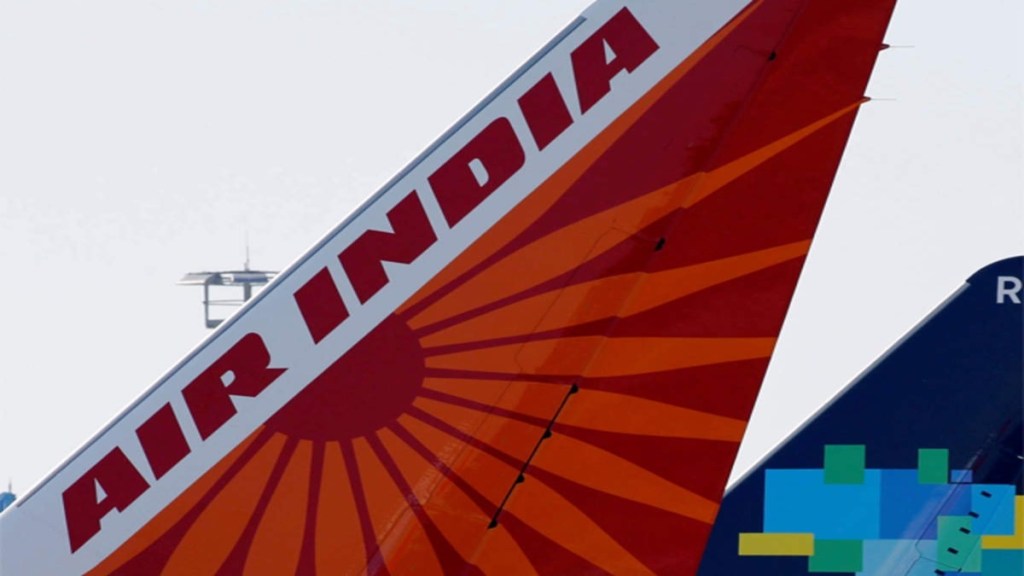UK-based James Healy-Pratt, a lawyer, with 30 years’ of experience resolving high-profile aviation disputes and accidents worldwide, is assisting the families of victims of the ill-fated Air India flight IA 171 which crashed in Ahmedabad on June 12. In an exclusive email interaction with Swaraj Baggonkar, Healy-Pratt is asking victim’s families to not accept any final offers of compensation.
How is your company helping the families of the victims?
Our is assisting families of IA 171 by helping with identification and return/repatriation of loved ones, assisting with advanced payments from Air India and TATA/AIG, independently probing the causes of the tragedy, and establishing the best routes to obtain compensation in different jurisdictions. Our approach is evidence based.
Is your firm offering its services only to British nationals?
We are open to assisting all families of IA 171 regardless of their domicile. The evidential picture is developing and dynamic.
Is there such a thing as ‘unlimited’ liability? How does that get proven and what are the family victims entitled to under such circumstances?
Air India is liable without limit, unless they produce evidence that they were not at fault, which would then limit their liability. In the event that there is a problem with the Boeing 787, Boeing are liable without limit.
How is unlimited liability shared between the involved entities – the airline, the plane maker and the engine provider? Or is it restricted only to the airline?
Depending on the evidence, different claims can be brought in different legal jurisdictions against Air India and Boeing. Different jurisdictions are more generous than others. The US is more generous than the UK, and both are considerably more generous than India.
In your view, how should the compensation be awarded in the case of AI171? What methodology should be used?
Under international law, Air India is liable without limit until they prove with evidence that they are not. Claims with English jurisdiction could be expected to average around US$2-3millin. If the evidence reveals a problem with the Boeing 787, then there will be claims against Boeing in the US courts for unlimited liability. Average settlements in the US are in excess of $5-10million per person.
The management of Air India announced Rs 1 crore as compensation. Is this a just amount?
The aviation insurers of Air India are paying this, not Air India. It is too early for any family to accept this amount in our view, as the evidence is developing and the situation is dynamic. Air India has a legal liability to pay £17,200 per passenger as an advance payment within 15 days.
Is the payout to the victim’s families, which is calculated on SDRs, awarded on the basis of the currency used in the country where the accident has happened, or the nationality of the victim or where the airline has its registered office?
It depends on the ticketing for the passenger, and their country of domicile.
What advice would you give to the families of the victims?
Take the advanced payment of £17,200 from Air India, 2) do not accept any final offers of compensation from Air India/Tata/AIG 3) take expert advice from an international team of aviation lawyers and 4) await how the evidence unfolds as to the causes of this tragedy and then pursue the best route for family compensation.
Typically, how long do families have to wait to secure compensation?
In our 30 plus years of helping families in air accidents, the average wait is 2 years and the settlements are always higher than the public amounts offered to the families earlier on – waiting is worth it! Our fastest settlement was US$400k per passenger on Adam Air in Indonesia in 2007, within 90 days of the accident.
Can airlines, plane makers, engine makers approach a higher authority against the compensation amount? If yes, what would that be?
Not relevant in the current situation, as the evidence will disclose whether Air India can limit their liability, and if so, then unlimited claims can be made against Boeing.

